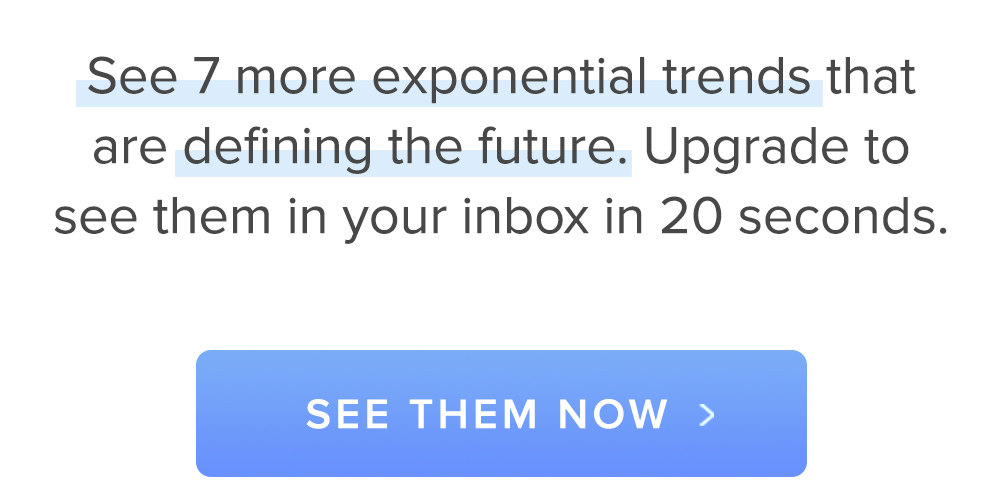|
Hey,

The trend of taping one’s mouth shut at night in order to gain a better sleep and reduce dry mouth, snoring, and throat soreness is gradually making its way to the mainstream, and manufacturers are beginning to cash in with “sleep strips,” which are essentially just branded strips of tape priced at enormous markups.
While American consumers are increasingly looking for DIY healthcare solutions, many will also likely have safety concerns about using conventional tape on their mouths at night, fearing they may stop breathing. Companies offering peace of mind can charge a premium — so much so that “sleep strips” are priced at 20-100x more than paper tape on Amazon, despite the two products being functionally the same.
The trend echoes several other popular healthcare products that originated as DIY tools, including the Theragun and Hypervolt, whose brand-name products can sell for $400 or more, mitigating consumers’ fears of being harmed by a (much cheaper) homemade device.

As consumers’ desire to share health progress (like tracked steps) conflicts with feeling like there’s less time to exercise, the under-the-desk elliptical has risen in popularity. A leading brand in the category - Cubii - is, in fact, delivering on this so well that they’ve found a staggering 89% of customers report using the product at least three times per week.
As the boundaries between work and leisure time blur and staying active is increasingly seen as aspirational, products and activities that would once have been seen only at the gym are now more and more acceptable in the office.
Cubii makes it easy to work out while sitting in front of a laptop or watching TV — and at a far more affordable price than buying a full-size elliptical. Its convenience also means people are actually using it: The company has sold 250,000 units to date. Its compact size, meanwhile, means that even city dwellers can store it in their apartments (a barrier for other popular fitness equipment such as Peloton bikes).
The growth of fitness trackers like Fitbit and the Apple Watch also means more people are counting steps, and Cubii allows users to track strides, helping them reach their goals even when they don’t have time to walk around all day.

For millions of listeners, lo-fi music is the soundtrack to their workdays, study sessions, and sleep. But the phenomenon isn’t just about the beats — there’s a fascinating backstory to the trend’s rise in popularity.
The mellow, ambient sounds owe their ascent in part to a change YouTube and Spotify made to their ranking algorithms, which started to prioritize the watch/listen duration as a proxy for engagement, rather than just looking at likes and clicks. This gave an advantage to content that users could press “play” on and let go for hours on end, like “lo-fi for working/relaxing/studying” playlists and livestreams.
Top lo-fi hip-hop YouTube channels have racked up millions of subscribers by offering endless loops of music to help relax, work, and study, often through 24-hour livestream radio channels. Spotify’s wide array of “chill” playlists likewise promises to help ease stress and be unobtrusive enough to leave on all day.
The channels have carved out a niche as a middle option between FM radio — where stations are highly regulated and manned 24/7 — and Spotify or Apple Music’s algorithmically generated playlists.

|